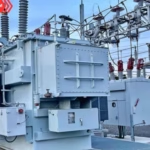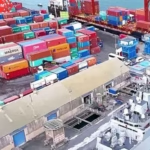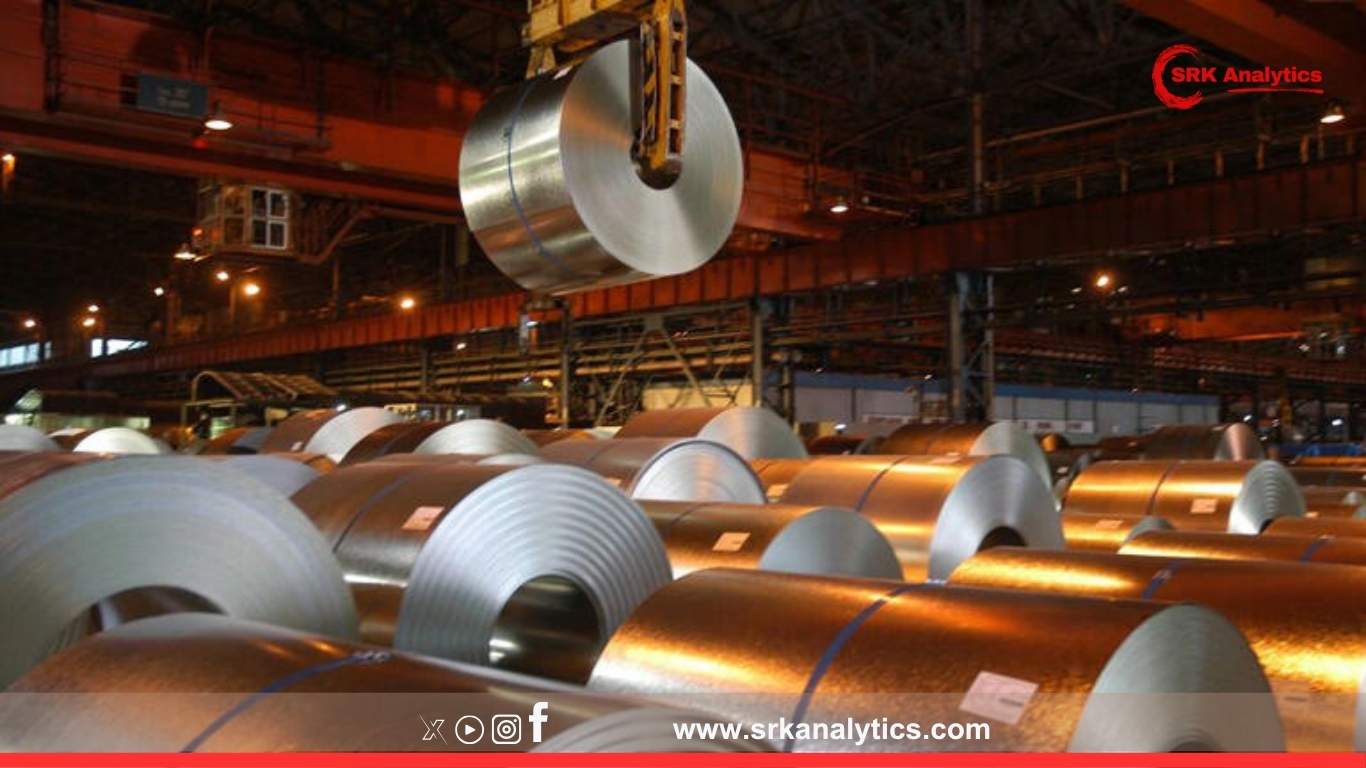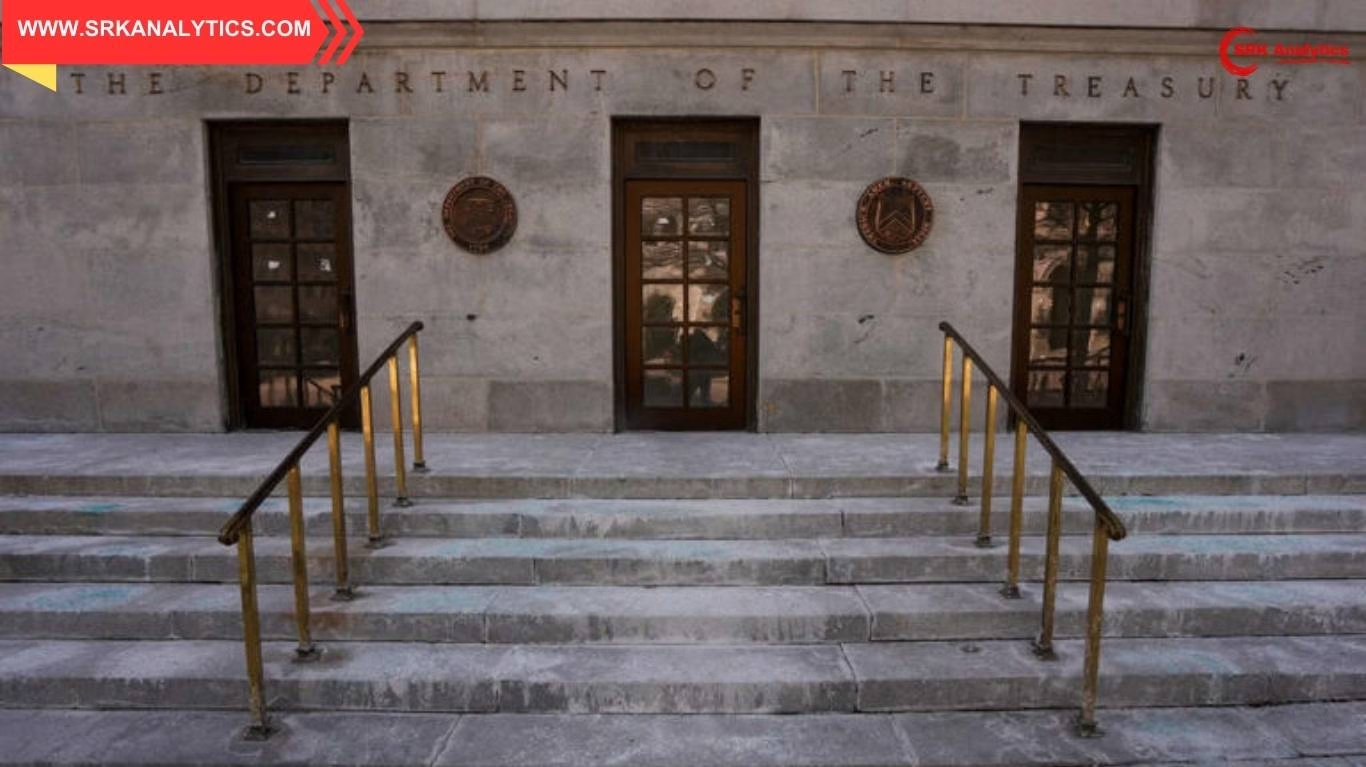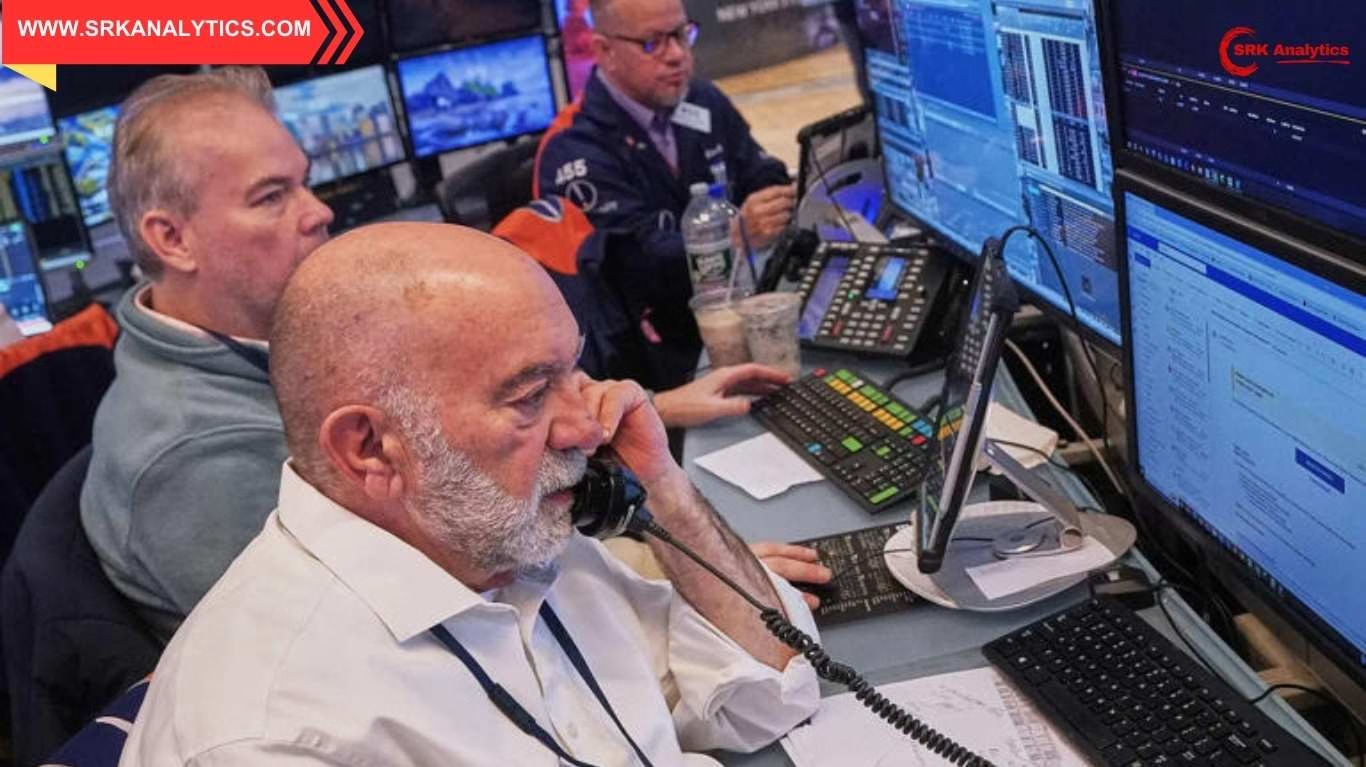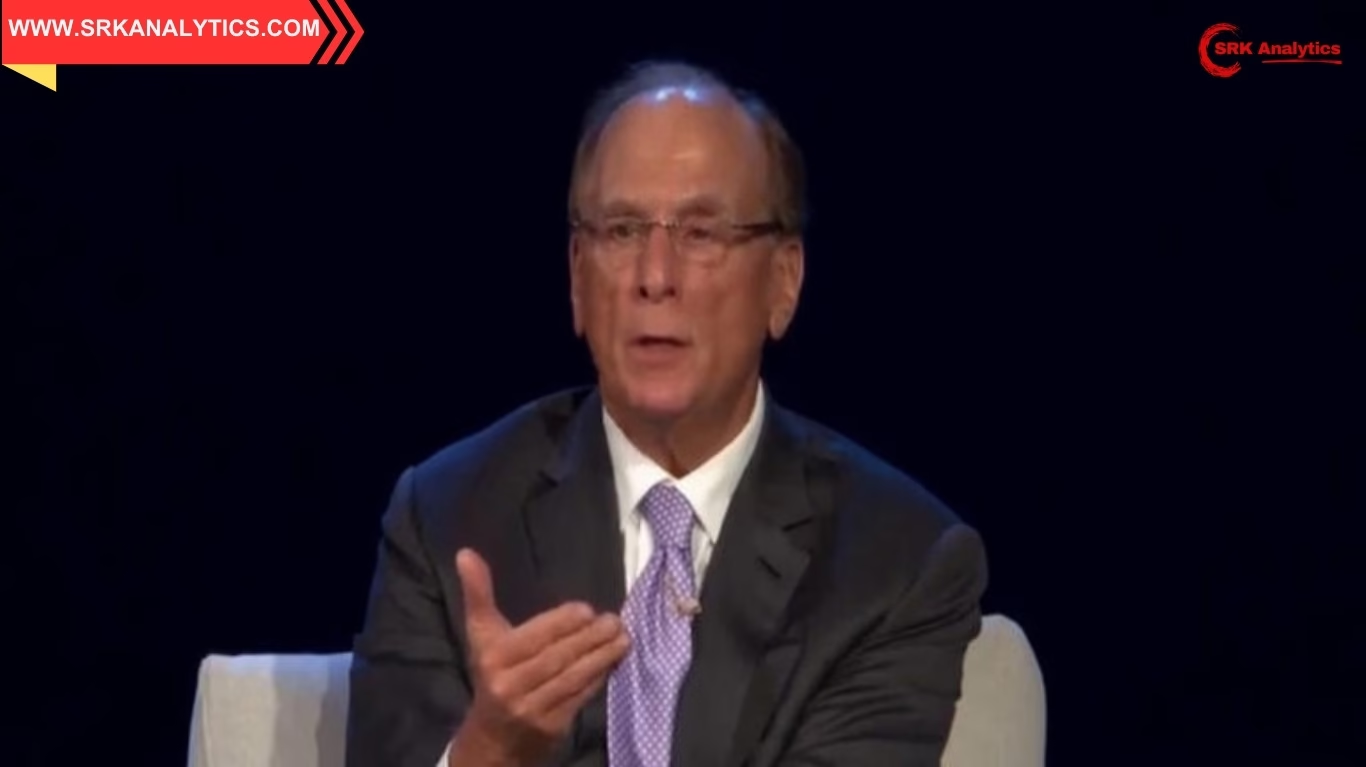In a significant policy decision impacting the steel trade ecosystem, India has deferred the implementation of tighter quality control measures on finished steel imports following extensive concerns raised by smaller importers and user industries. The move comes just weeks before the original enforcement deadline, highlighting the government’s pragmatic approach to balancing quality assurance with economic and operational realities faced by the sector.
Background Of The Quality Control Order (QCO)
The Ministry of Steel had earlier announced new stringent norms under its Quality Control Order mandating Bureau of Indian Standards (BIS) certification for all finished steel imports into India. The directive aimed at ensuring:
- Uniform quality standards across domestic and imported steel products
- Protection for Indian manufacturers from substandard cheap imports
- Strengthening infrastructure safety through high-grade steel compliance
The QCO covered flat and long steel products including hot-rolled coils, cold-rolled sheets, alloy steel bars, and structural steels used in construction, automotive, and engineering sectors.
Importers’ Concerns
Smaller importers and micro, small, and medium enterprises (MSMEs) dependent on imported specialty steel raised multiple concerns:
| Concern | Explanation |
|---|---|
| Increased Compliance Burden | BIS certification for each product batch requires time, documentation, and third-party costs unaffordable for small importers. |
| Supply Disruption Risk | Suppliers in Korea, Japan, Europe, and ASEAN are unwilling to undergo BIS procedures for small volume buyers. |
| Project Cost Impact | Special grade steels not available domestically would see inflated costs if import volumes shrink, impacting infra and MSME manufacturing sectors. |
| Delay In Deliveries | BIS certification process can take 3-6 months, delaying time-bound projects and order fulfilments. |
Industry Associations’ Response
Federation of Indian Small and Medium Enterprises (FISME) and Engineering Export Promotion Council (EEPC India) wrote to the Ministry of Steel seeking urgent deferment, stating:
“The QCO in its current form threatens the viability of smaller players dependent on imported special steel grades not manufactured in India. Domestic alternatives are limited and expensive, risking job losses and output slowdown.”
Government’s Revised Stand
Responding to these inputs, the government deferred the implementation timeline by 3-6 months, with officials indicating:
- Objective: To provide stakeholders adequate time to align with new certification procedures.
- Continued Focus: The ultimate rollout remains on track as quality cannot be compromised for economic considerations alone.
- Capacity Building: BIS will work with foreign mills and Indian importers to streamline certification without compromising efficiency.
India’s Steel Import Snapshot
| Year | Finished Steel Imports (million tonnes) | Major Source Countries |
|---|---|---|
| FY21 | 4.75 | South Korea, Japan, China |
| FY22 | 4.67 | South Korea, Japan, Vietnam |
| FY23 | 5.11 | South Korea, China, Vietnam |
| FY24 | 5.96 | South Korea, Japan, ASEAN nations |
Finished steel imports comprise nearly 6-8% of India’s total steel consumption. Imports primarily fulfil specialty grades, stainless steel, and automotive flat products with limited domestic manufacturing capacity.
Impact On Key Stakeholders
| Stakeholder | Likely Impact |
|---|---|
| Large Indian Steel Producers | Neutral to positive, as QCO delays competition restrictions but also defers their pricing power benefits. |
| Smaller Importers / MSMEs | Positive relief as they get time to adjust import contracts and explore BIS certification support. |
| End-user Industries (Automotive, Engineering, Infra) | Positive as immediate supply disruptions are averted, ensuring continuity in project material availability. |
| Government | Balanced approach preserves quality focus while protecting MSME economic interests. |
Global Suppliers’ Viewpoint
Major steel exporters to India, particularly mills in Korea and Japan, have stated that BIS certification remains cumbersome for small shipment volumes. While large exporters like POSCO and Nippon Steel have BIS certifications for high-volume clients, mid-tier suppliers are reluctant to bear these additional costs unless Indian buyers aggregate orders.
Expert Opinions
| Expert | Organisation | Comment |
|---|---|---|
| Jayant Acharya | JSW Steel | “Quality control is critical for infrastructure and industrial safety. However, implementation should be phased to protect economic interests.” |
| Seshagiri Rao | Former JSW Steel CFO | “BIS certification must be streamlined to avoid blocking critical specialty steel imports needed for auto and engineering sectors.” |
| R. K. Goyal | EEPC India | “Deferment is a positive step. SMEs cannot absorb abrupt policy changes, especially amid global trade volatility.” |
Potential Risks If QCO Implemented Abruptly
- Supply Chain Disruption: Specialty steel-dependent industries may face shortages, delaying projects.
- Inflationary Pressures: Short-term rise in prices of special steel grades due to lower imports.
- Trade Retaliation: Exporting nations may impose counter compliance burdens on Indian exports.
- MSME Survival Threat: Smaller units relying on imported steel grades could face operational viability issues.
Future Roadmap
The government is working on:
- Digital BIS Process: Reducing approval timelines through online submissions and pre-clearances.
- Mutual Recognition Agreements: With Japan, Korea, and EU to allow their national certifications to be accepted under Indian QCO for equivalent standards.
- Capacity Expansion Incentives: Encouraging domestic steelmakers to invest in specialty grade production to reduce import dependence in the medium term.
Social Media Reactions
- “Good move by the government. QCO needed but smaller importers must survive.”
- “BIS certification delays are real. Indian standards must align with global norms for smoother trade.”
- “Domestic producers lobbying for QCO to curb competition. Balanced approach is welcome.”
Nifty Metal Index Reaction
The Nifty Metal Index closed marginally up by 0.14% at 7,245.60 following the deferment news as market participants see the decision as pro-user industry while maintaining long-term quality focus.
Global Context
Countries like the US, EU, and Japan maintain strict quality norms for steel imports but provide streamlined compliance pathways including:
- Mutual recognition of exporter country certifications
- Fast-track approvals for trusted suppliers
- Tiered certification based on product risk profile
India’s BIS certification approach, if harmonised with these best practices, could ensure both safety and trade efficiency.
Conclusion
The government’s decision to defer tighter quality controls for finished steel imports reflects its commitment to pragmatic policymaking by balancing quality assurance and economic operational realities for MSMEs. As the steel ecosystem prepares for full QCO implementation in the coming months, industry stakeholders urge collaborative efforts to streamline BIS certification and build India’s specialty steel manufacturing capabilities for long-term Atmanirbhar Bharat goals.
Disclaimer
This news article is prepared for general business news purposes based on inputs from government notifications, industry bodies, market analysts, and public domain data. Readers are advised to consult trade compliance advisors before acting on any import, policy, or investment decisions related to steel and allied sectors.


